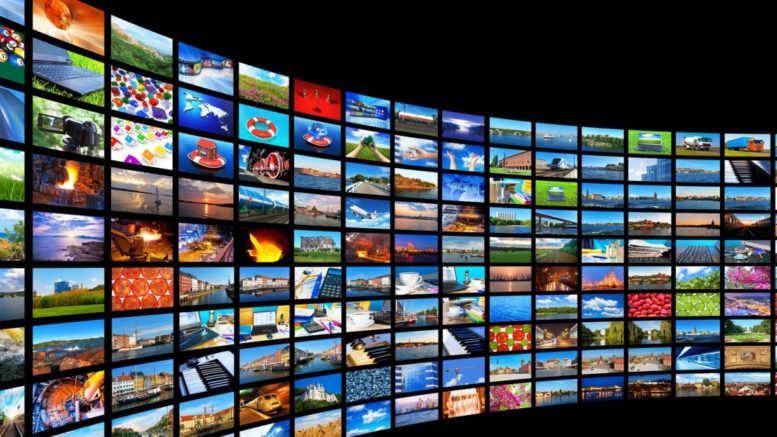You’re thinking of moving from cable or satellite to a live streaming TV service. That’s a great move for casual TV watchers and those folks looking to watch the budget. Before you make the move though, you’ll have to decide if your internet will be up to snuff. Personally, I think DIRECTV for Internet and Sling are the best options out there, but this article will also apply to other services like YouTube TV and Hulu. Services like Tubi and Pluto are often lower quality and generally will work with slower internet services, so I won’t really be addressing them here.
The difference between broadcasting and streaming
When you watch TV, you don’t usually think about how that TV signal gets to you. That’s because pretty much every TV provider, whether they stream or broadcast, tries very hard to make the experience seamless. That’s a good thing, but it makes it a little hard for people to understand the technology involved.
Broadcasting is a truly one-way medium. A big strong signal comes from a tower and everyone who is in the reception area can get it. It doesn’t matter if there’s on person or a million out there. Everyone gets exactly the same signal.
On the other hand, streaming is always a two-way medium. Everyone gets a different signal, so it does matter how many people are streaming. There are ways to make it easy for one server to stream to millions, but by the time the stream gets to your home, it’s a separate amount of data going to each device.
You don’t ever have to worry about having too many TVs going at the same time, as long as your home has good signal. On the other hand, having too many streams in your home will mean someone (or everyone) will have problems.
How can I tell if I’ll have a problem?
The most important measure of internet speed isn’t “raw” speed, it’s “sustained” speed. Your cable company loves to talk about “raw” speed. That’s the speed they advertise. It’s very common to say you’ll get speeds “up to 100Mbps.” That sounds great in advertising but it’s practically meaningless. That’s the speed you’ll get on one device if no one in your neighborhood is using the internet. So other that Sunday mornings at 3am, it’s not a good predictor of what you’ll actually get.
If you want to find out how fast your internet really is, do a speed test at 8pm on Wednesday. That’s when people are really using the internet, and if you test you’ll find out your “sustained” speed. Chances are you’ll find out your actual speed is a lot less than 100Mbps.
What sustained speed is needed then?
In order to watch live streaming, you need a sustained speed of about 25Mbps per TV. That doesn’t seem like a lot but remember that you need to be able to hold that speed while all the kids in your neighborhood are gaming, and while their parents are watching Netflix. Also remember if you’re watching two TVs at the same time you’ll need 50Mbps even if they’re on the same channel.
If you’re really serious about moving to live streaming, you’ll definitely want to do some tests to make sure you can get that speed. Most people will be able to, most of the time, but if it’s really important to you that you get live video 100% of the time, you probably want to either stay with cable/satellite or go to an antenna. Streaming just won’t be a perfect solution for you.
Interested in live TV over internet? Want to upgrade your internet?
There’s only one place you can call to get live TV over internet as well as a speed increase. Signal Connect will help you find the best internet service provider in your area, and we’ll give you all the options. Whether it’s fiber, wireless, or satellite, we can help! We’re dealers for all the major players and we can even help you with bundle deals.
Once you’re all set with nice, speedy internet, we’ll help you sign up for DIRECTV for Internet or Sling, so you can get the live TV you’ve been craving. Ready to get started? Call us at 888-233-7563 during East Coast business hours, or simply fill out the form below.





